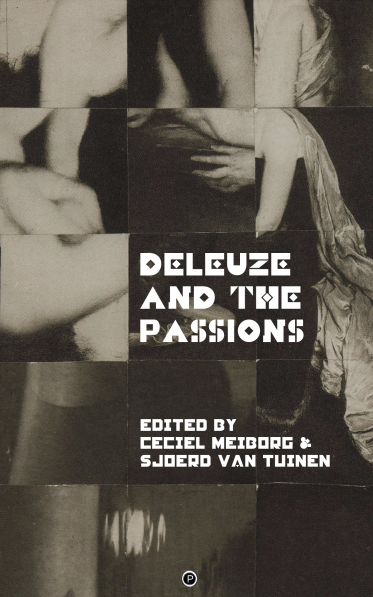Deleuze and the Passions
Editorial: The Library of Congress
Licencia: Creative Commons (by-nc-sa)
Autor(es): Meiborg, Ceciel y Tuinen, Sjoerd
In recent years the humanities, social sciences and neuroscience have witnessed an 'affective turn, ' especially in discourses around post-Fordist labor, economic and ecological crises, populism and identity politics, mental health, and political struggle. This new awareness would be unthinkable without the pioneering work of Gilles Deleuze, who replaced judgment with affect as the very material movement of thought: every concept is an affective experience, a becoming. Besides entirely active affects, the highest practice of thought, there is no thought without passive affects or passions. Instead of a calm and rational philosophy of passions, Deleuzian thought is therefore inseparable from "isolated and passionate cries" that deny what everybody knows and what nobody can deny: "every true thought is an aggression.
[2016]
Compartir:
Una vez que el usuario haya visto al menos un documento, este fragmento será visible.


